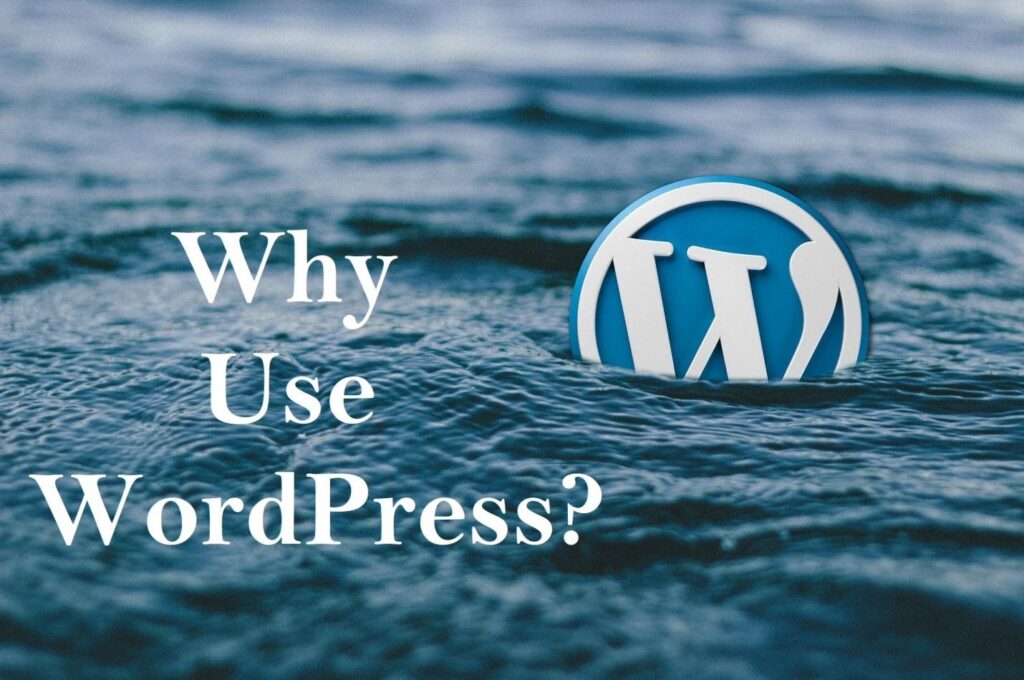Developing a website is not the ultimate task that needs to be done for digitalizing the business. The final and the most crucial step of digitalization is choosing a hosting platform where the website will be hosted for the public audience. Even though web hosting is a common term today, many people either don’t know how important hosting is or can’t understand the concept.
That’s why we have decided to describe the entire hosting process to you, including the working process, its importance, the types of web hosting, and several other relevant facts. So, without any further ado, let’s get started with the discussion so that you can act on your website hosting immediately.
What is web hosting?
Going by the textbooks, web hosting is a service that allows an individual or a business to upload their website on the internet and make it public for a global audience. Several technologies are used, by which the site is made online, and only after that, you will be able to see the website on the internet, regardless of the search engine.
All the current and active websites you see on the WWW are stored in different servers, pinpointed using their geological locations. This is the traditional hosting method where servers have physical locations, and if one server is down or has some problems, all the websites stored in that particular server will go offline.
And hence, the users won’t be able to view the website unless and until the hosting server is up again. This was the basic idea about what web hosting is and how these servers work. In the coming sections, we will shed light on different aspects of web hosting for your clarification.
Why is it essential to choose to host a website?
Now, since you have the basic idea of what web hosting is, it’s time to understand the importance of hosting for any website, be it a personal blogging website or a business one.
- Hosting makes the website reliable.
One of the significant benefits of web hosting is that it makes a website more reliable and trustworthy. In the present time, several websites are there based on the same niche. For example, you might find two websites having almost similar information about the restaurant business. So, there is no way to understand which one is the falsified website. That’s why uploading your website through hosting technology will help you establish a trustworthy and reliable relationship with the audience.
- It makes the website work faster.
No one will visit your website once again if it is sluggish and doesn’t respond to any action taken by the user within a few seconds. Thus, digitalization doesn’t mean having an online website for a business or your personal purpose. It also means providing faster and reliable services and information to the audience. This is where web hosting is necessary as it provides a high speed to the website, thereby preventing the audience from getting frustrated while visiting your site.
- Reduces the website downtime
Website downtime refers to the time when no user will be able to see the content of your website, even though the URL is actively present in the server. There are several reasons for which one can experience website downtime, which will cause a loss of traffic. That’s why having a host uploading your website on its server is better because whenever the concerned server or your website faces an issue, the downtime will be reduced to a few seconds. Many hosting providers even offer dynamic website up-gradation where you won’t have to worry about taking down the website for a long time.
- Provides advanced security to the website
By choosing a proper hosting provider, you will be able to upgrade the security of your website by adding “https” before the main web URL. The letter “S” means that your website is secured, and there will be no loss of information or hacking issues. To provide “https” security to the websites, the provider needs to earn the SSL certification using which the website will be encrypted automatically. Hence, your website will be saved from hackers or any other cyber threats like data breaches, intrusion, and so on.
- Removes redundancies from the website
In some cases, web hosting helps remove all the redundancies from the website or warn you about them before the website loses its rank in the SERPs. For example, let’s say you have given a high authority link in your web content of another website on the same server. If that linked website becomes inactive or is taken off the server permanently, the link will become dead. This is a kind of redundancy that can be removed easily, provided the website is hosted properly.
- Data backup is possible with web hosting.
Recently, several cloud service providers are also offering web hosting services. Such providers will offer you a backup option where a duplicate copy of the website will be stored in the backup server. So, even if one server fails or your website is hacked, you can use the backup website for your audience till the original one is online once again.
How do web hosting works?
When you hire a web host service provider, the company will put all the files, codes, plug-ins, and other backend details in the server’s inbuilt database. Once all these files will be migrated to the server, deployment needs to be done where the website interface is uploaded to the server network of the World Wide Web. After a secured connection is established with the host server, the website will go online. Everyone will see the site, navigate through it, and view the elements for which files and data have been stored in the server database.
As the user will enter the URL or the domain name in the browser, their system will connect with the concerned server of your hosting provider. Once the connection is established, the server, in turn, will send the files to the system, and the user will be able to view everything as per the action taken on the interface.
What are the types of web hosting?
There are several types of web hosting which you can avail. Without knowing the types, you won’t precisely understand which hosting service will be better for your website. So, to give further clarification, here we have explained the different types of web hosting and how they differ from each other.
- VPS hosting
In the VPS hosting, one physical server is present, further connected to several sub servers. Each sub server is connected to a particular website to central data privacy and reduce the website’s downtime. VPS hosting is a part of dedicated hosting where every website will have its dedicated server.
- Cloud hosting
Cloud hosting is the advanced form of web hosting where multiple servers work simultaneously to behave like a physical server. Here, suppose the server to which your website is linked suddenly has a traffic surge, and the loading time increases. In that case, the server network will automatically shift your website to another server where the traffic is less. Similarly, if one server is down, your website will automatically get updated on another server.
- Shared hosting
You can understand from the name itself that such hosting servers are shared by multiple websites belonging to both businesses and individuals. Even though shared hosting is the cheapest, high chances of data loss or data breaches are there. Moreover, when the traffic surges, it affects all the websites sharing that particular server.
- Dedicated hosting
You will have to rent a single physical server from the provider where only your website will be hosted in dedicated hosting. Dedicated hosting is usually chosen by businesses where the bulk of files and data need to be stored in the server database. Even though the dedicated hosting server is costly, one can upload and run multiple websites and their environments simultaneously.
How to choose the best hosting provider?
For web hosting, you need to choose the best hosting provider company that will provide security to your website and charge standard rates for hosting. However, since you might make mistakes while choosing the hosting provider, we have discussed how you can choose the best one available out there in the market.
- First, you need to decide what kind of hosting service you need for your website. For example, personal and regular websites can be easily hosted on a shared server. But when it comes to the websites of a corporation, you either need the cloud or the dedicated hosting server.
- Once you have decided, check whether or not the hosting provider has SSL certification or not if the provider doesn’t have the SSL certification, it is best not to choose the company because it wouldn’t be able to provide proper security to your website.
- Before you finalize the hosting provider, do not forget to check the server downtime rate and the website speed. Both these factors are critical while choosing a host because if the downtime is high or the website loading speed is low, you won’t get the expected traffic.
- It is essential to choose a proper CMS system such that it wouldn’t harm your website in any way in case the physical server location is changed.
Bottom Line
In the above discussion, we have explained everything you need to know about web hosting, it is working, its benefits, and many more. All you need to do is choose the proper host and upload your website on the internet at the earliest.


